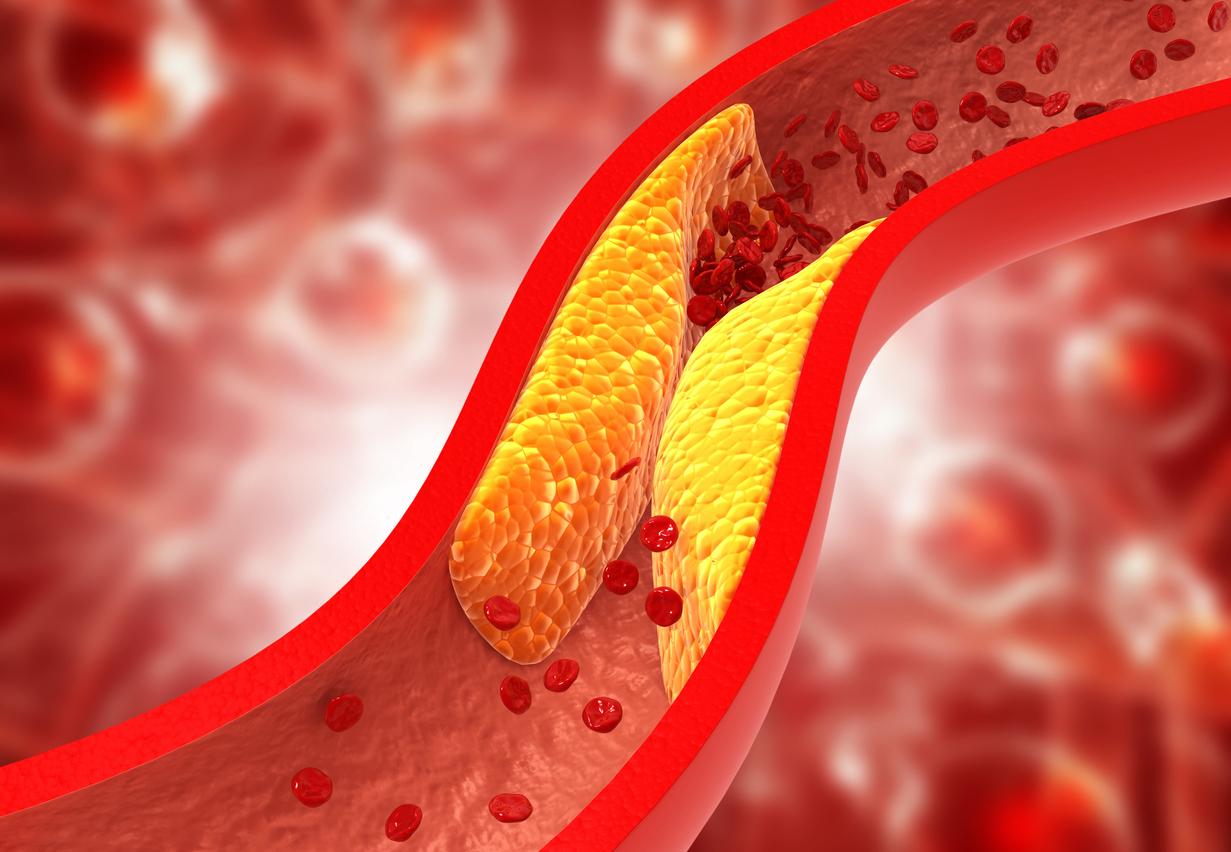A mouthwash could help determine the state of heart health by analyzing levels of white blood cells in saliva.

- A high level of white blood cells in saliva, an indicator of gum inflammation, was associated with low flow-mediated dilation.
- People with impaired flow-mediated dilation were at high risk for cardiovascular disease.
- Oral inflammation, which seeps into the vascular system, affected the arteries’ ability to produce nitric oxide to respond to changes in blood flow.
What if it was possible to identify the first signs of cardiovascular disease from a simple saliva sample? This was recently shown by Canadian researchers. “The periodontium (a supporting tissue below the tooth) is a highly vascularized area of the mouth and periodontitis (an infection of the gums) causes negative functional and structural changes in the vascular system. However, mild oral inflammation, including the levels experienced by many healthy people, has an unclear impact on cardiovascular function”they wrote in their study published in the journal Frontiers in Oral Health.
28 adults had to do mouthwash and cardiovascular examinations
As part of the work, the scientists wanted to analyze the effects of gum inflammation on vascular function in healthy people. For this, they recruited 28 adults between the ages of 18 and 30. The latter had no comorbidities, no history of periodontal disease, did not smoke and did not take medications to affect cardiovascular risk.
Participants had to fast for six hours, eating nothing but being allowed to drink water, before going to the laboratory where saliva samples were collected after they rinsed their mouths with water then with physiological saline. The volunteers then lay down for 10 minutes to perform an electrocardiogram, then for another 10 minutes so that the team could take their blood pressure, flow-mediated dilation (which measures the ability of the arteries to dilate to allow a flow greater blood) and pulse wave velocity (which measures the stiffness of the arteries).
Cardiovascular diseases: a high level of white blood cells in saliva increases the risk
According to the results, a high level of white blood cells in saliva, an indicator of gum inflammation, was linked to low flow-mediated dilation. This suggests that these patients may be at high risk for cardiovascular disease. However, there was no association between white blood cells and pulse wave velocity. Which means the longer-term effects on artery health have yet to occur.
The researchers suggested that oral inflammation, which seeps into the vascular system, affects the arteries’ ability to produce nitric oxide, which allows them to respond to changes in blood flow. Higher levels of white blood cells could have a greater impact on vascular dysfunction.
“Optimal oral hygiene is always recommended in addition to regular visits to the dentist, especially in view of these results”, said Trevor King, author of the research, in a statement. “The mouthwash test could be used during the annual checkup at the GP or dentist. It is easy to implement as an oral inflammation measurement tool in any clinic”added Michael Glogauer, co-author of the study.

















